Understanding subtraction Easy Worksheets for Ages 3-7
4 filtered results
-
From - To
Discover our "Understanding Subtraction Easy Worksheets for Ages 3-7," designed to make learning subtraction fun and engaging! Perfect for preschool and early elementary students, our worksheets introduce subtraction concepts through colorful visuals and interactive activities. Young learners will practice essential skills like number recognition and simple calculations, fostering foundational math abilities. With a variety of exercises tailored for different skill levels, these worksheets help children grasp subtraction in a stress-free manner. Parents and educators will find our resources valuable for reinforcing classroom learning at home. Start your child's math journey today and watch their confidence grow as they conquer subtraction!
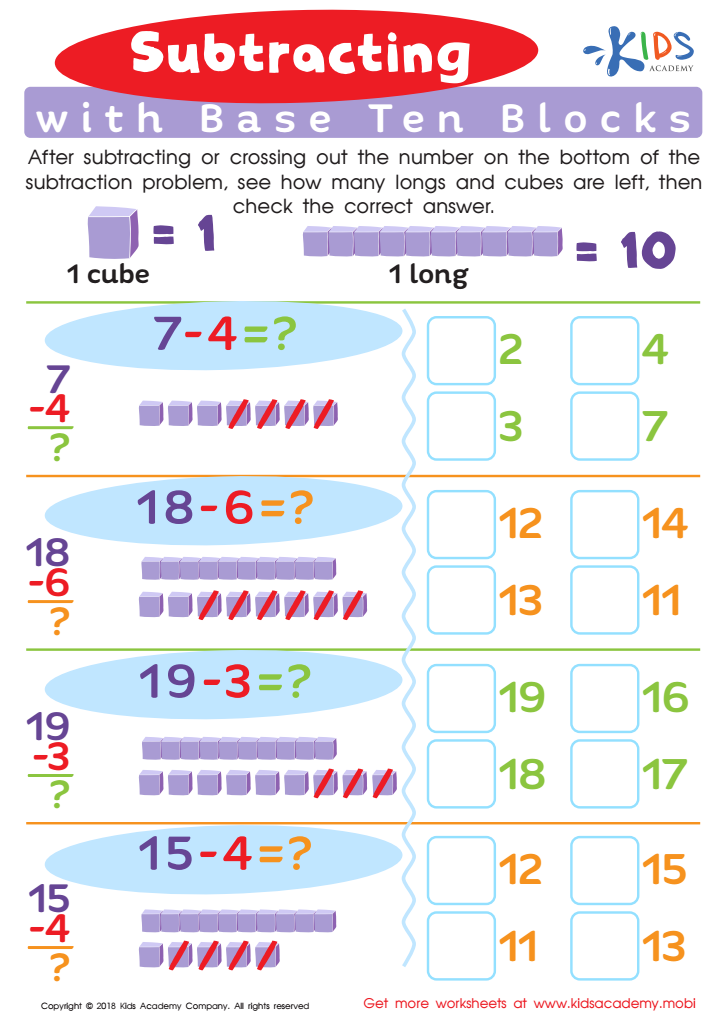

Subtracting With Base 10 Blocks Worksheet
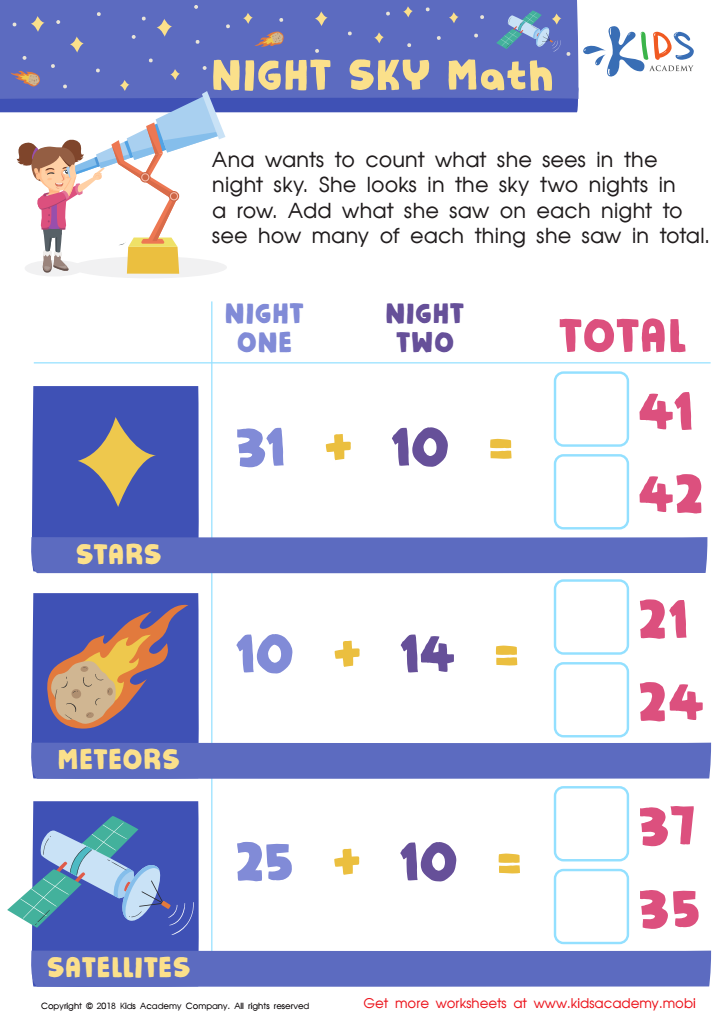

Night Sky Math Worksheet
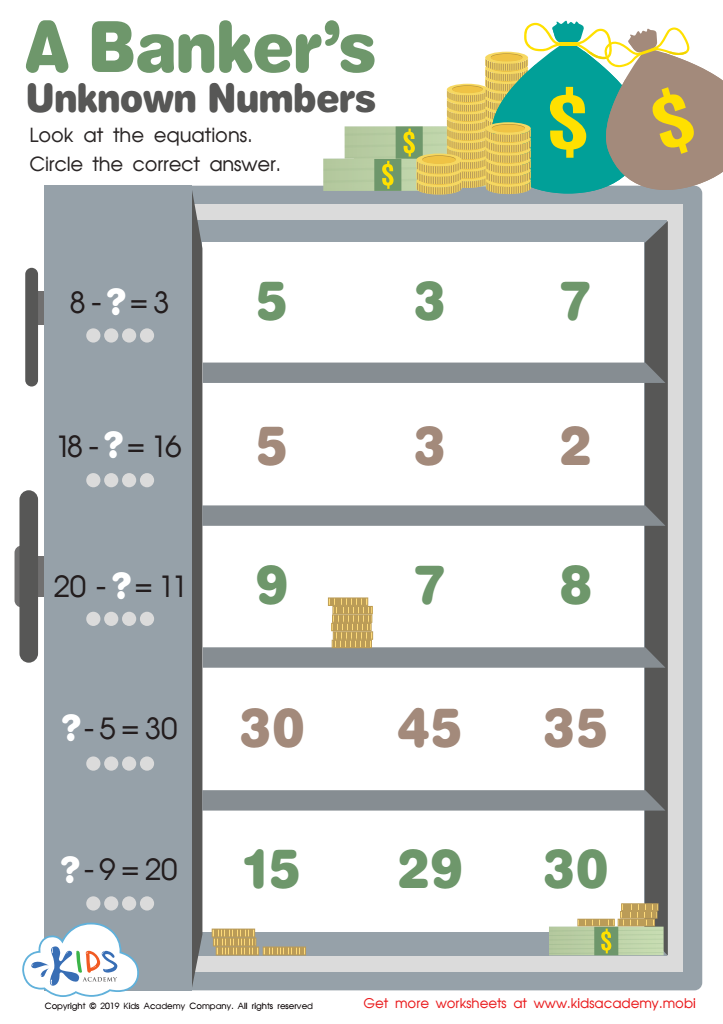

A Banker's Unknown Numbers Worksheet
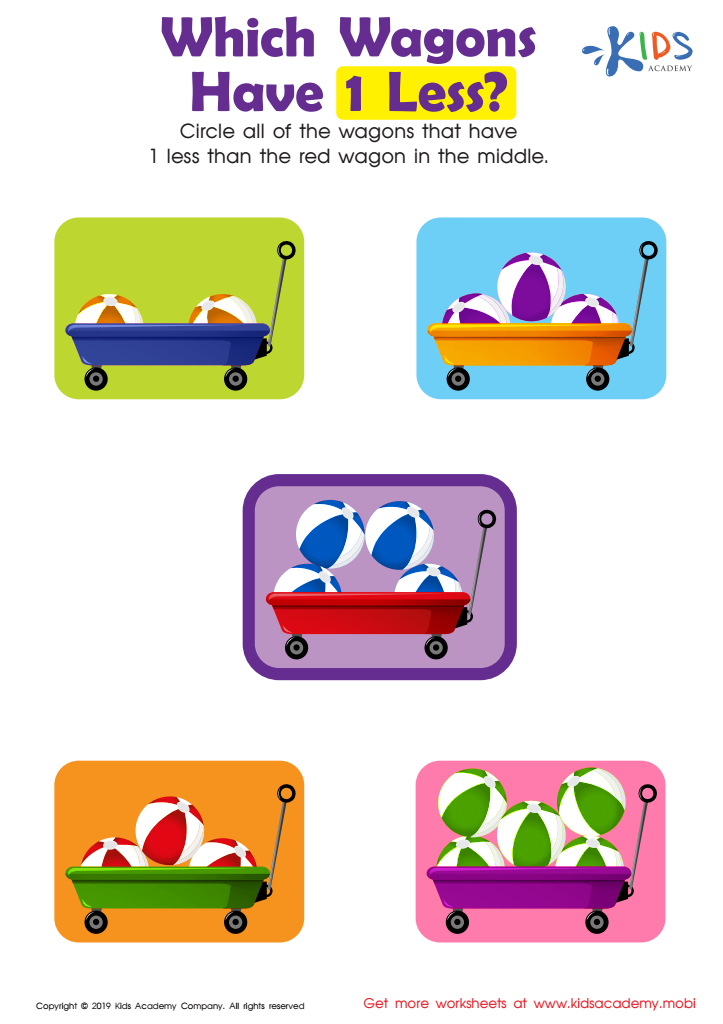

Which Wagons Have 1 Less? Worksheet
Understanding subtraction is essential for children aged 3-7, as it forms a foundational skill for their mathematical development. Teaching subtraction at this early age promotes critical thinking and problem-solving abilities, which are crucial across all areas of learning. When children grasp the concept of taking away, they begin to develop a sense of quantity and numeracy that will facilitate their understanding of more complex mathematical operations in the future.
For parents and teachers, fostering a strong understanding of subtraction can help enhance a child's confidence in math. Engaging young learners through hands-on activities, like using physical objects to represent subtraction, makes learning more interactive and enjoyable. This not only solidifies the concept but also organizes their thinking processes.
Moreover, early mastery of subtraction lays the groundwork for essential life skills, such as budgeting and decision-making. In social contexts, understanding subtraction can assist children in sharing or dividing items, fostering cooperation and empathy among peers. Parents and teachers play a pivotal role in nurturing these capabilities, ensuring that children not only understand subtraction but also feel comfortable and capable in their mathematic abilities as they grow. By caring about this foundational skill, they invest in a child's future success in school and beyond.
 Assign to My Students
Assign to My Students




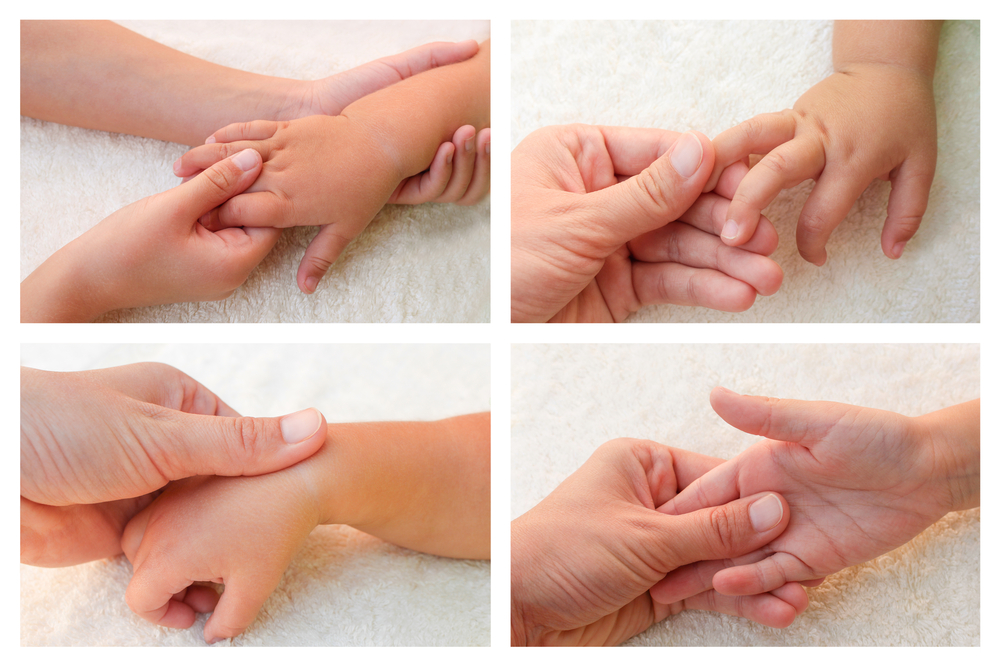
.jpg)


.jpg)












